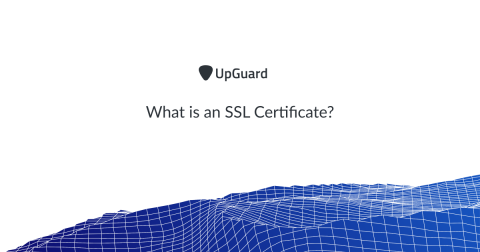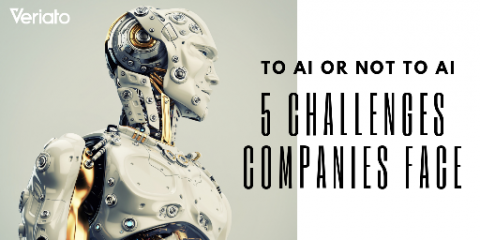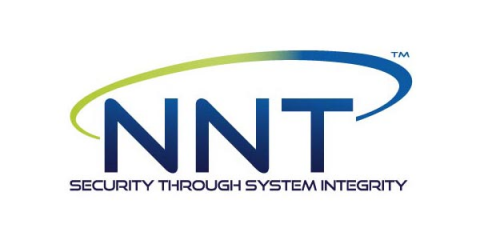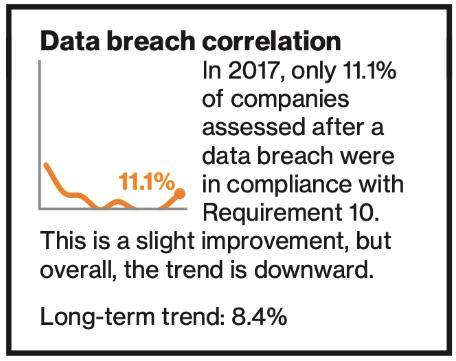What is an SSL Certificate?
An SSL certificate (or TLS certificate) is a digital certificate that binds a cryptographic key to your organization's details. Secure Sockets Layer (SSL) are cryptographic protocols designed to encrypt communication between a server and a web browser. While SSL certificates are installed server side, there are visual cues in the browser that show SSL protection. If SSL is present you may see https:// in the address bar, a padlock, green address bar or a combination of the three.









